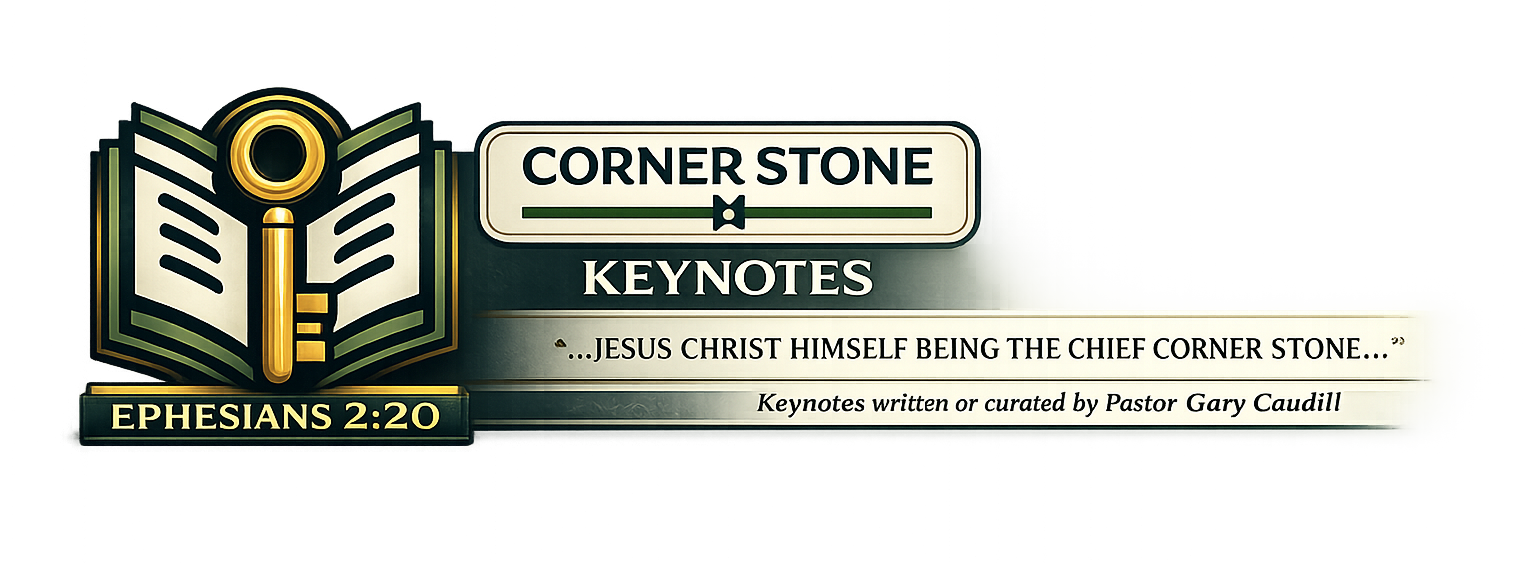
Overview
Bildad, in a brief response, focuses on God’s supreme power and purity. He speaks of God’s dominion and fear, highlighting how even the stars are not pure in His sight. Bildad emphasizes the inherent impurity and lowliness of humans compared to God, arguing that no one can be righteous before the Almighty. This speech reiterates the truth of human insignificance and sinfulness, offering little consolation or direct response to Job's specific laments and questions. Bildad's stance underscores the theme of divine omnipotence and the idea that human suffering is irrelevant in the face of God's greatness. His remarks, while upholding the majesty of God, fail to address the complexities of Job's situation, leaving unresolved the tension between human suffering and divine justice. This chapter thus reflects the continued inability of Job's friends to comprehend the depth of his anguish or to provide meaningful answers to the problem of innocent suffering.
Job 25
1 Then answered Bildad the Shuhite, and said,
2 Dominion and fear are with him, he maketh peace in his high places.
3 Is there any number of his armies? and upon whom doth not his light arise?
4 How then can man be justified with God? or how can he be clean that is born of a woman?
5 Behold even to the moon, and it shineth not; yea, the stars are not pure in his sight.
6 How much less man, that is a worm? and the son of man, which is a worm?
End of Job 25
1 Year Plan: Aug 5 - Job 25, Job 26, Job 27, Ps 89, Ps 90
2 Dominion and fear are with him, he maketh peace in his high places.
3 Is there any number of his armies? and upon whom doth not his light arise?
4 How then can man be justified with God? or how can he be clean that is born of a woman?
5 Behold even to the moon, and it shineth not; yea, the stars are not pure in his sight.
6 How much less man, that is a worm? and the son of man, which is a worm?
End of Job 25
1 Year Plan: Aug 5 - Job 25, Job 26, Job 27, Ps 89, Ps 90
